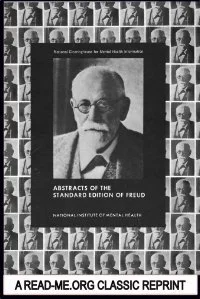By Sigmund Freud. Translated from the German by A. A. Brill
“Three Contributions to the Theory of Sex” by Sigmund Freud is a foundational text in psychoanalytic theory, exploring the complexities of human sexuality. The book is divided into three main sections:
Sexual Aberrations: Freud discusses deviations in sexual object choice and sexual aim, including homosexuality, fetishism, and sadomasochism. He argues that these deviations are not inherently pathological but are variations of the normal sexual impulse.
Infantile Sexuality: Freud introduces the concept of infantile sexuality, asserting that sexual impulses are present from birth and undergo various developmental phases. He describes the stages of sexual development in children, including the oral, anal, and phallic stages, and emphasizes the importance of early childhood experiences in shaping adult sexuality.
Transformations of Puberty: This section examines the changes that occur during puberty, leading to the mature sexual organization. Freud discusses the role of the genital zones, the development of sexual object choice, and the integration of various sexual impulses into a coherent sexual identity.
Throughout the book, Freud emphasizes the significance of unconscious processes and the impact of early experiences on later sexual development. He also introduces key concepts such as the Oedipus complex, repression, and sublimation, which have become central to psychoanalytic theory.
NY. Dutton. 1962. 126p.
















